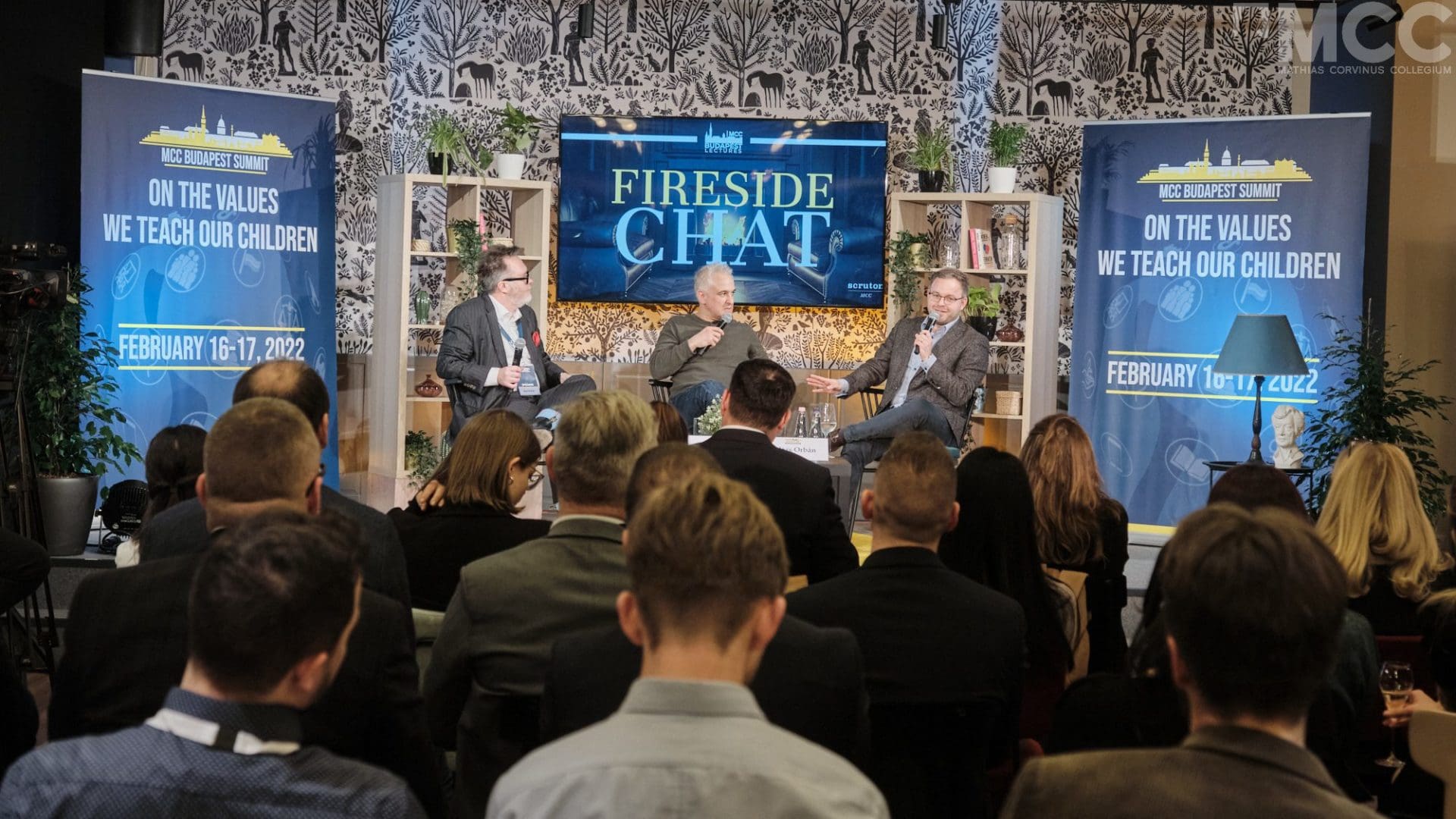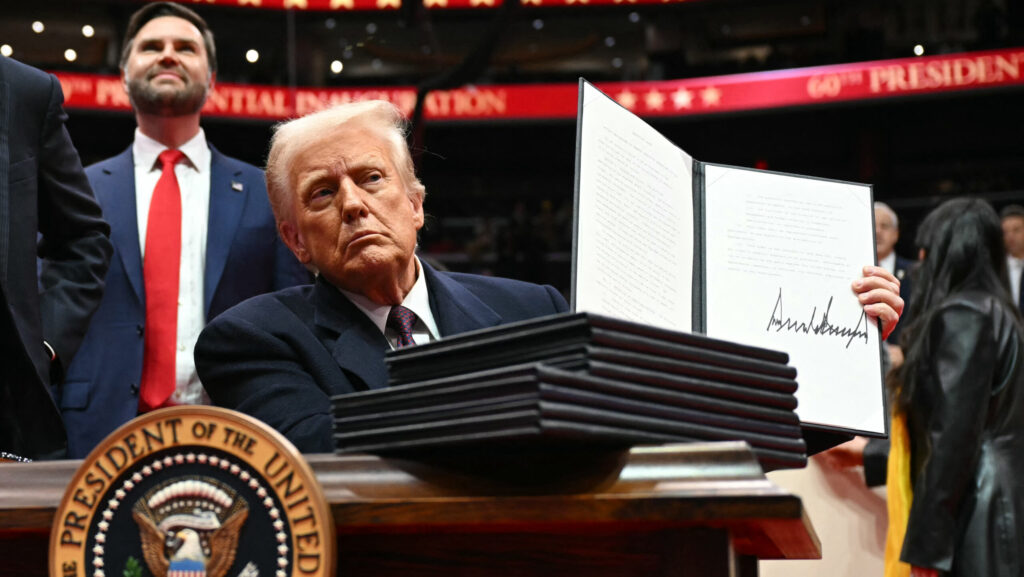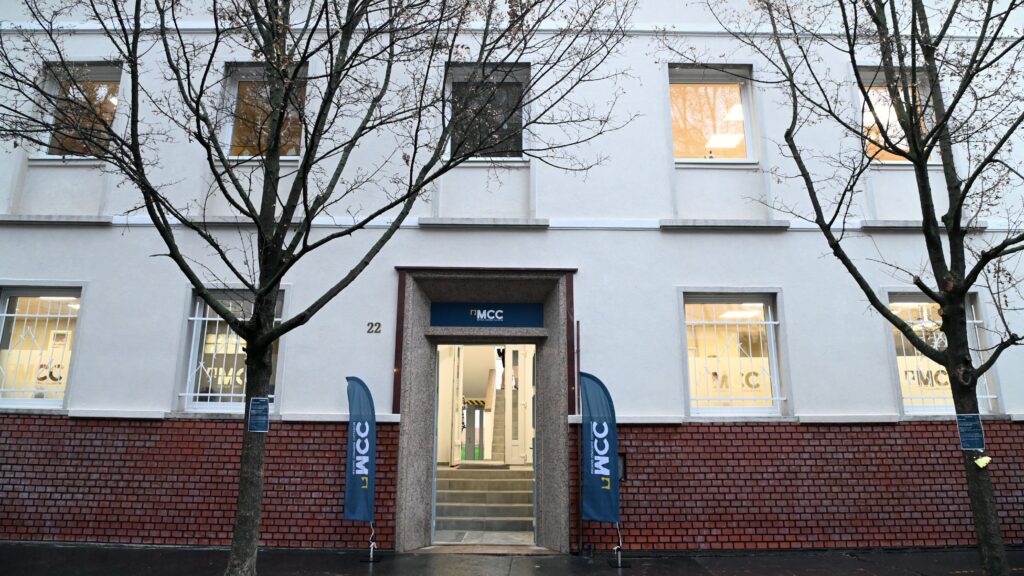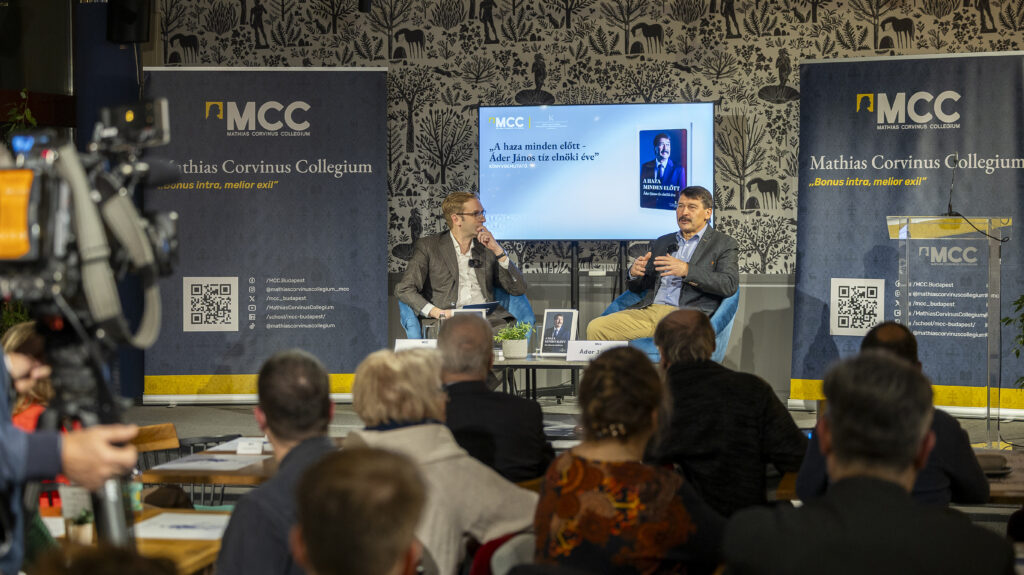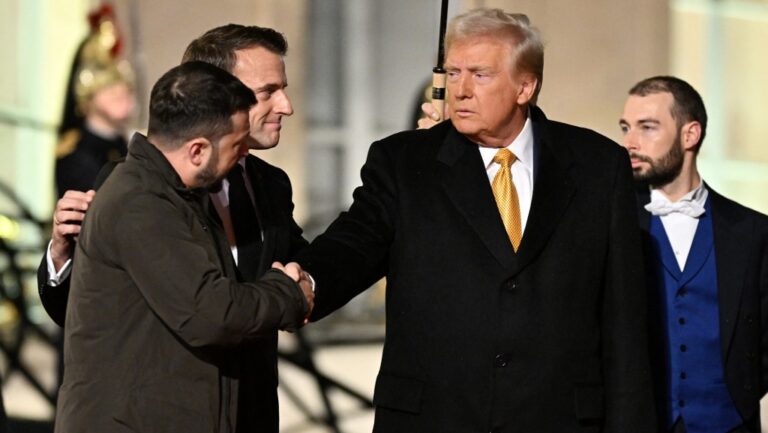On 16-17 February Mathias Corvinus Collegium (MCC) held a two-day summit in Budapest, hosting distinguished scholars and professors, well-known journalists and authors, activists and experts to have gripping discussions On the Values We Teach Our Children. On the first day, the panel titled What we teach about race and gender delivered one of the most impetuous dialogues of the conference thanks not just to the ongoing debates on this gravely important topic, but to the panelists themselves.
Speakers of the panel were Rod Dreher, senior editor at American Conservative and senior visiting fellow at MCC and Danube Institute; Katy Faust, author, founder of the children’s rights organization Them Before Us; Joshua Katz, linguist, classicist, professor at Princeton University; Heather Mac Donald, NYT bestselling author, fellow at the Manhattan Institute; Gergely Szilvay, senior journalist at Mandiner and Joanna Williams, director of Cieo. The moderator of the panel was Rodrigo Ballester, head of the Center for European Studies at MCC.[I]
If parents don’t want to talk to their kids, Netflix and TikTok will
As a start, Katy Faust emphasized that parents have the right to educate their children, which right is gradually being taken out of their hands by educational institutions. Speaking from her own experience as a mother raising four children in the “woke city” of Seattle, she pointed out that whoever talks first to a child about a topic will be seen as the expert by that child. If parents talks to their kids about sex first, they will turn to them with questions later as well. That is why parents should talk to their children about all the “uncomfortable” topics – she argued. Parents also need to compete for the education of their children with social media. If parents don’t want to talk to their kids, Netflix and TikTok will. ‘Talk to them a year earlier rather than five minutes later!’ – Ms. Faust warned.
Joanna Williams agreed and added that parents unfortunately often run away from the task of raising their children. But children should not be left alone to raise themselves. It is a sad thing that many parents today feel that they cannot get through these conversations and that teachers and experts should address these questions. But we cannot trust schools –she argued–because they undermine parents’ roles by telling parents they are incapable of influencing their kids’ life. The basic proposition of these “parentophobic” teachers –and this reminds us of the idea of the original sin– is that children are racist, sexist and transphobic from birth and they try to educate them in accordance with that proposition. Therefore, Joanna Williams would prefer to leave the role of educators with the parents.

Talking about critical race theory and racism, Joshua Katz stated racism is a ‘huge word’ that has many sub-definitions in the constantly updated American dictionaries. Basically, it can be said that the term means racial discrimination. Yes, but what is race? Is race a cultural contract or a deeply fundamental part of a person? Or both? But then what is anti-racism? – asked Katz. Obviously, it should be the opposite of racism, but it cannot be, as the definition fails in the examples.
Katz teaches at Princeton University, where he encounters statements like ‘the university is deeply racist and therefore needs anti-racist programs’ on a daily basis. One of the examples he cited was the internship program Morgan Stanley has with the university where only blacks, Latinos, North American Indians and/or homosexuals can apply. Katz says this is nonsense on the one hand because gays are not a race, but also an illegal practice, and yet the university simply does not care, which is clearly racism, as white people and Asians are excluded purely because of the colour of their skin. So, one gets around: the definition of anti-racism is racism.[II]
Gergely Szilvay talked about gender ideology and its infiltrations into education. He named gender ideology and gender studies as the formal scientific leg of the progressive woke movement. According to Szilvay, gender ideology doesn’t engage in debate with science but labels every study and voice that opposes it unscientific. Mr. Szilvay highlighted that this manipulation of science is the very nature of totalitarianism. He also stated that schools undermine the role of parents in the children’s gender identity.
She explained that there is no better way to upset an American university student than to tell them that they are not oppressed
Heather Mac Donald drew the audience’s attention to the victimhood culture in the universities. According to her, youth today only talk about oppression and victimization. Ms. Mac Donald, who often speaks at universities, said that there was a time when after her lectures students would seek the help of a psychologist, because apparently they found her words disturbing. What she had said was that American university students today enjoy the greatest privilege of having at their fingertips all the knowledge of the world: history, science, culture, everything. After she said this, minority students stood up and shouted: ‘We don’t just imagine oppression’ – Ms. Mac Donald recalled at the conference. She explained that there is no better way to upset an American university student than to tell them that they are not oppressed. But according to her, students are not oppressed at all, and yet universities make them believe that they are victims. By doing this American universities do a disservice to students as they give them a false picture of reality.
Answering a question about the nature of wokeness, Rod Dreher stressed that Western elites hate themselves and their traditions, and deny their roots. People who fled to the US from ex-communist countries told Mr. Dreher that they feel the same in their bones today in the US as what they had escaped from. They see the rise of a kind of totalitarianism in the US that is against open-mindedness and common sense.

Rod Dreher also gave an insight into the social and psychological problems that pave the way for ideologies as wokeness. He highlighted that the loneliest Americans are not the elderly, but the Generation Z, even though they spend most of their time on social media. It makes them receptive to ideologies, as they are looking for meaning, and woke ideology gives them a meaning. Solidarity and Rage – those are their core ideas, emphasized Mr. Dreher. He also pointed out the role of social media in radicalizing this generation, stating that Tik Tok has a greater impact on children than church or education have. If you are a conservative parent, you must not put a smartphone in your child’s hand – he warned.
According to Mr. Dreher –same as the brave anti-communist people in the communist era– a new generation of resistance is needed, who stand up for truth and fight against the woke ideology that has already conquered the publishers, the press, universities, sports, and the military. Conservatives believe it is a political battle, but there is also a cultural war – he asserted. Rod Dreher also stated that Central and Eastern European societies, through their experience before the regime changes, have armed themselves against the latent ideological influence of children’s education by which they can set an example for the United States as well.
[I] MCC Budapest Summit On the Values We Teach Our Children website,
https://budapestsummit.mcc.hu/en, accessed 18. Feb. 2022.
[II] Veszprémy László Bernát, Ellen kell állni az újmarxista ideológia térnyerésének,’ Mandiner.hu, 2022,
https://mandiner.hu/cikk/20220216_woke_rasszizmus_kultura_haboru, accessed 18. Feb. 2022.

